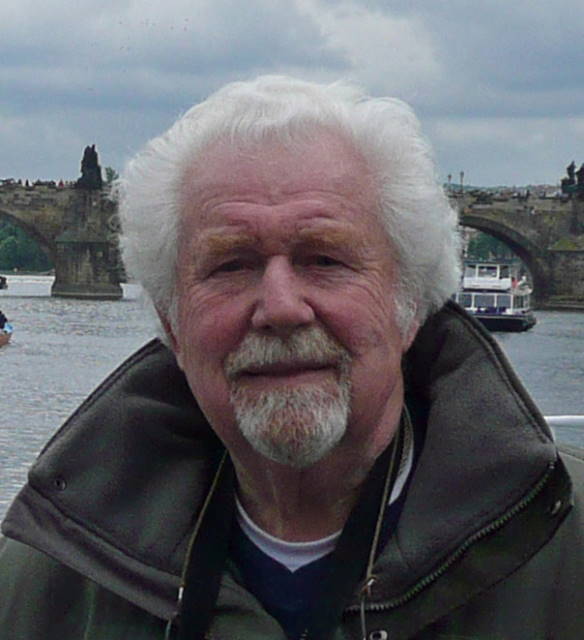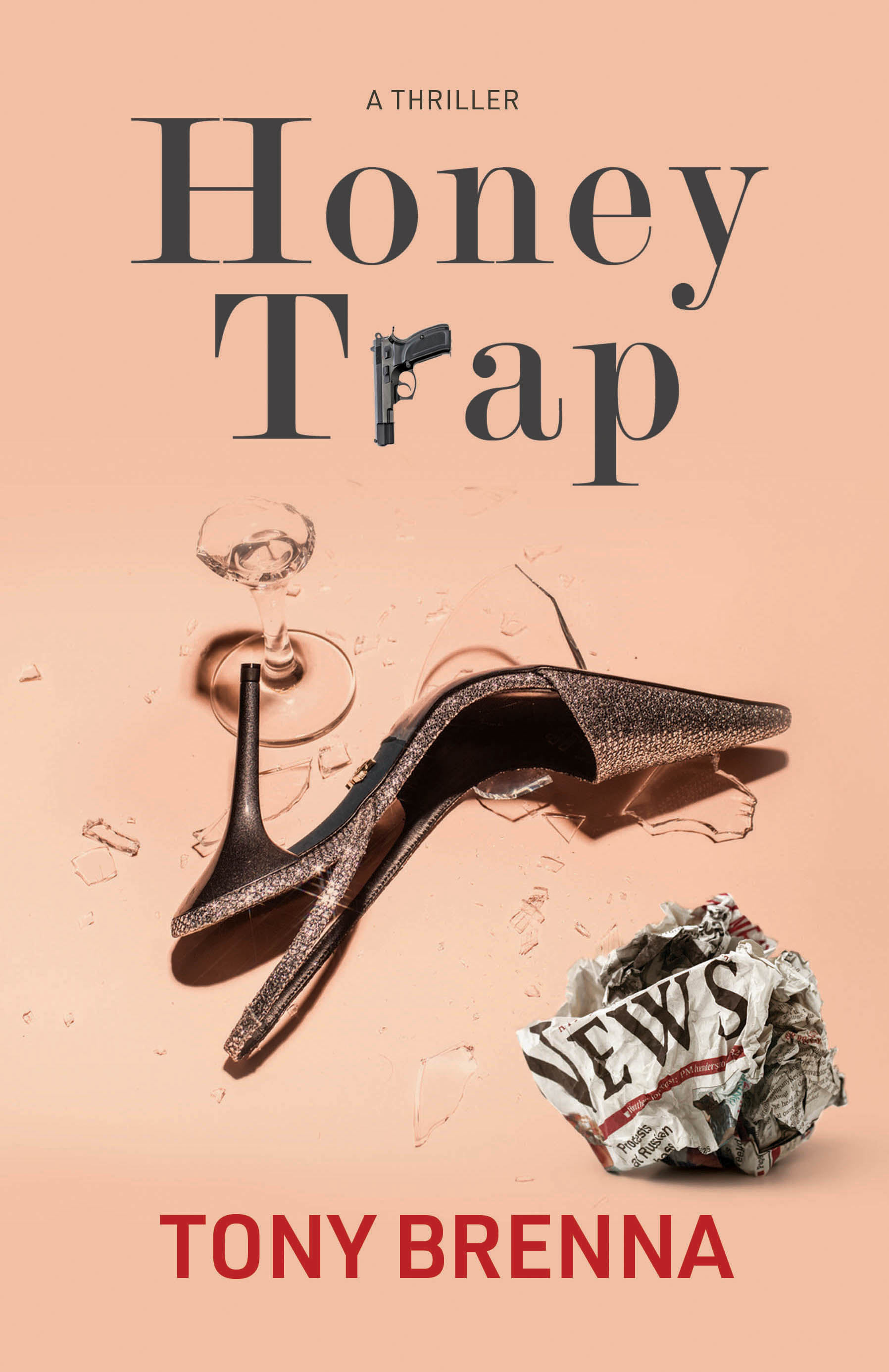Journalism: Getting More Dangerous?
Journalism is fast becoming one of the most dangerous jobs around the world.
It is a deadly profession in Mexico where the cartel and government agents have murdered 105 reporters and editors.
In Russia, writers and reporters stand the chance to be poisoned, thrown out of the window or shot in the back if they upset Vladimir Putin, who hushes up the number of deaths he’s responsible for since taking power.
Meanwhile, the most recent war in Israel has taken the lives of seven reporters and photographers in the short time since it started. More journalists have lost their lives covering the war in Ukraine.
I, too, know the fear of working in a war zone after being sent to Uganda in 1972 by London’s Daily Telegraph, for which I was then the United Nations correspondent.
I had been there less than a week when I infuriated Idi Amin, who became president after a military coup and was wreaking havoc on his many ‘wives’ and anyone who angered him.
Hot after a story, I made the mistake of reporting a shocking account of how Amin playing Herod, ordered the murder of his mistress and every infant in a hospital nursery just to be sure his mistress’s baby was among the dead. Amin had accused her of cheating on him, and having another man’s child.
An hour after I left the story at the cable office for transmission to London, I was arrested. Then followed days of misery, being forced to watch brutal executions — and being told that I would soon die similarly.
Already, Amin, had two other reporters he was holding executed — and only by a stroke of luck did I escape that fate after ten days in terrifying custody.
A journalist colleague at the U.N. had reported me missing — when Amin was trying to get himself an appearance before the world organization — and he bowed to diplomatic pressure for my release.
Shoved into the back of a truck, convinced I was on the way to the executioner, instead I was driven to the Rwandan border and released, with the warning: “You’ll die if you ever return.”
A few years later, I came near to death, fleeing the Mexican cartel, when gangsters discovered myself and another reporter were writing exposes of their murderous activities.
After being pursued to the airport in a car chase by armed killers, I never felt happier than when the plane we were on left Mexican air space.
These incidents come to mind each time I hear of another journalistic fatality, which is becoming far too frequent. Yet reporters can feel some reassurance that ours is not yet the most dangerous profession. That dubious honor belongs to loggers, commercial fishermen, roofers, high steel workers and test pilots.
Meanwhile, my decade working for the tabloids in Hollywood, produced some nasty moments, but nothing like I had experienced earlier in my career. In fact, the run-ins with celebrities still make me smile.
I was threatened by body guards working for Sinatra (senior and junior), punched out by a thug hired by comedian Redd Fox after I revealed details of his womanizing, and challenged to a fist fight by actor Robert Blake, who didn’t like my prying into the suspicious death of his wife. Naturally, I declined his invitation.
These Tinseltown incidents — and the many legal threats I received from celebrity attorneys — still make me smile after the real-life experiences that could have ended me.
All these events helped in the writing of my first novel, Honey Trap: A Thriller.
The principal protagonist, Mike Delano, is a reporter who is taken prisoner by terrorists while covering the war in Iraq. While imprisoned, he sees several of his fellow prisoners decapitated — and only narrowly escapes the same fate.
It’s a fast-paced action thriller, much of it based on my own experiences. I think you’ll enjoy it. It’s available now for pre-order at Amazon.

